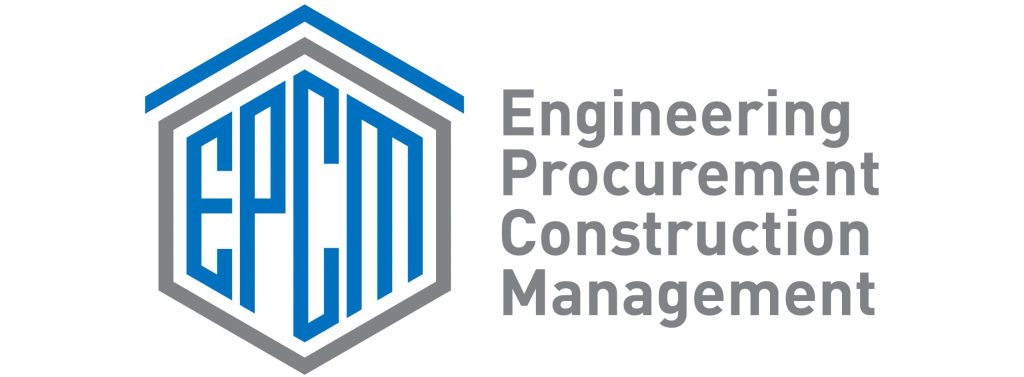The colossal undertakings of the EPC (Engineering, Procurement, and Construction) industry – towering skyscrapers, sprawling industrial complexes, and intricate infrastructure networks – are testaments to human ingenuity. But traditional construction methods often face limitations in terms of cost and time, particularly for large-scale projects. Enter modular construction, a revolutionary approach poised to reshape project delivery within the EPC landscape.
Building Blocks of Change: What is Modular Construction?
Imagine a construction site where towering structures aren’t built brick by brick, but meticulously assembled from prefabricated units. This is the essence of modular construction. It involves constructing building components, or modules, in a controlled off-site environment, such as a factory. These modules – walls, bathrooms, even entire rooms – are then transported to the construction site for final assembly.
Revolutionizing Project Delivery: Advantages of Modular Construction in EPC
For the EPC industry, modular construction offers a compelling alternative to traditional methods, presenting several key advantages:
- Reduced Construction Time: By constructing modules off-site under controlled conditions, weather delays become a thing of the past. This allows for faster project completion, leading to earlier occupancy of buildings and facilities, and a quicker return on investment for project owners.
- Real-World Example: Skanska, a global construction and development leader, utilized modular construction for a student housing project at the University of California, Berkeley. By prefabricating bathroom pods off-site, they achieved a 30% reduction in construction time compared to traditional methods.
- Enhanced Quality Control: Factory-controlled environments offer stricter quality control measures than traditional construction sites. This leads to fewer defects, reduced rework, and ultimately, a higher quality finished product.
- Qualitative Information: A study by the Modular Building Institute found that modular construction projects experience a 30% reduction in rework compared to traditional site-built projects.
- Reduced Waste Generation: Modular construction minimizes on-site waste generation as materials are pre-cut and prefabricated in a controlled setting. This not only benefits the environment by reducing landfill waste but also contributes to a cleaner and safer work environment on the construction site.
- Improved Worker Safety: Off-site fabrication reduces the number of workers exposed to potential hazards on the construction site, leading to a safer work environment.
Challenges and Considerations: Embracing the Future of Construction
While modular construction offers numerous advantages, challenges remain:
- Transportation Logistics: The size and weight of prefabricated modules can pose logistical challenges, particularly for remote project locations. Careful planning and coordination are crucial to ensure efficient and cost-effective transportation.
- Integration with Existing Structures: Successfully integrating modular units with existing structures requires meticulous planning and design considerations to ensure seamless connections and functionality.
Paving the Way for the Future: Successful Examples in EPC
Despite these challenges, several EPC companies are successfully utilizing modular construction for a variety of projects:
- Offshore Oil and Gas Platforms: TechnipFMC, a global leader in energy technologies, leverages modular construction for offshore oil and gas platforms. This approach allows for faster project completion and reduces the risks associated with complex offshore construction environments.
- Remote Mining Facilities: Modular construction is proving particularly valuable for constructing mining facilities in remote locations. The ease of transportation and assembly of prefabricated units makes it an ideal solution for these challenging environments.
Call to Action
Modular construction holds immense potential to revolutionize project delivery in the EPC industry, offering faster completion times, improved quality, and reduced environmental impact. However, wider adoption requires:
- Standardization: Standardization of module sizes and components can streamline the construction process and facilitate broader industry adoption.
- Technological Advancements: Innovations in materials and transportation logistics can help overcome challenges associated with modular construction, particularly for large-scale projects.
We encourage readers to share their thoughts:
- How do you see modular construction impacting the future of the EPC industry?
- What are the key challenges that need to be addressed for wider adoption of modular construction?
- What potential applications do you see for modular construction in various EPC project types?
By fostering collaboration and innovation, the EPC industry can unlock the full potential of modular construction, paving the way for a future of faster, more efficient, and more sustainable project delivery.

